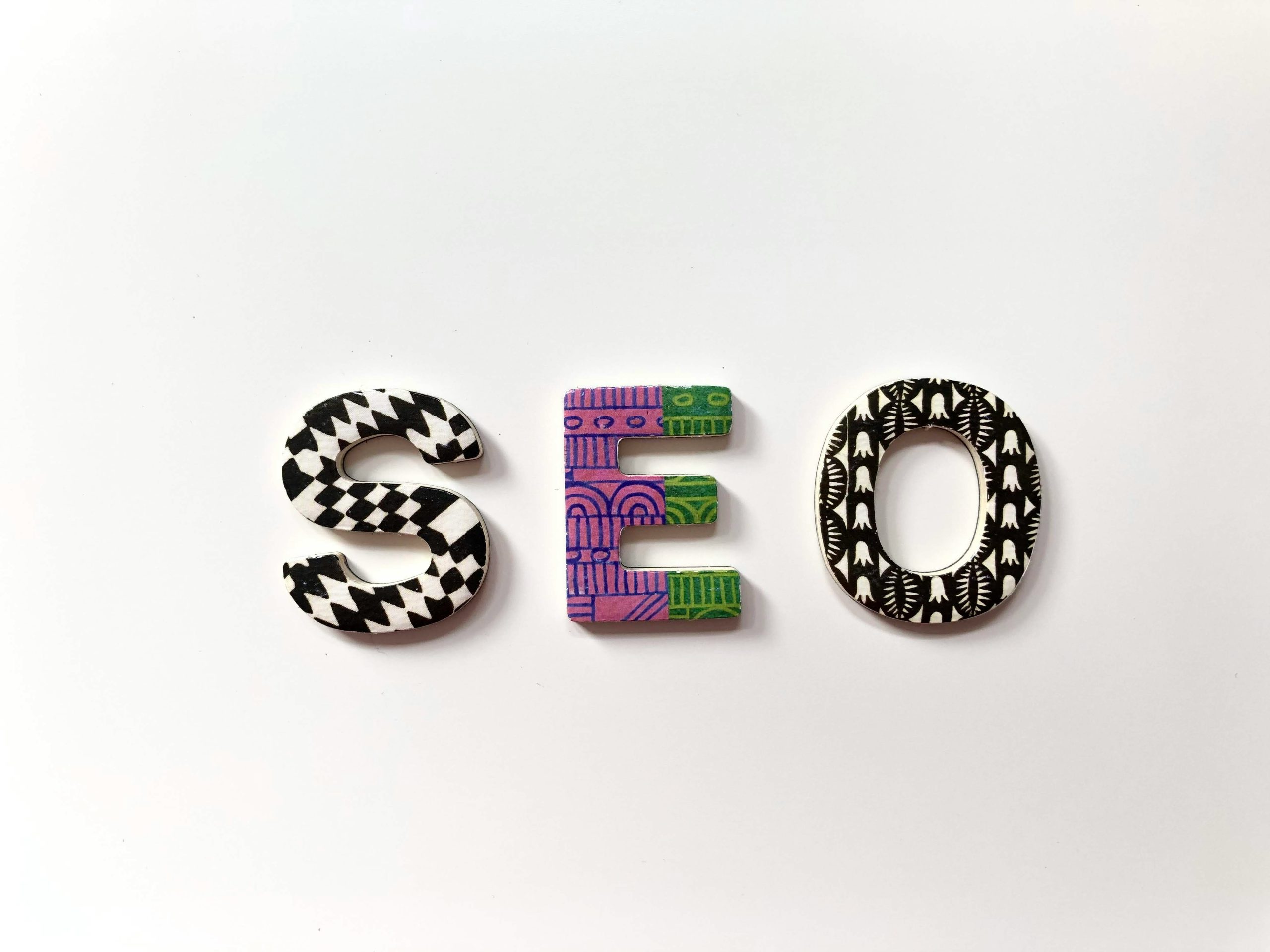Table of Contents
In today’s business landscape, marketing and sales are often discussed in the same breath. However, these two disciplines serve different roles within an organization. While selling is an essential component, marketing encompasses a broader scope that lays the groundwork for a successful business strategy. Many sales professionals might think that the primary objective of any company is to sell, but without marketing, there would be no customer awareness, trust, or engagement to drive those sales in the first place.
Marketing builds a bridge between the business and its target audience, fostering long-term relationships, promoting trust, and establishing a brand identity that resonates with consumers. Selling, on the other hand, focuses on converting prospects into paying customers. The most effective companies understand that marketing is the engine that powers sales and ultimately drives long-term success.
Marketing vs. Selling: The Key Differences
Marketing and selling are distinct yet interconnected. Marketing can be thought of as the holistic strategy that a business uses to engage customers, create awareness, and communicate the value of its products or services. It involves a wide range of activities, from market research to branding, content marketing, and PPC. Selling, in contrast, is more of a tactical process that directly addresses converting interested prospects into buyers.
Process and Scope
Marketing is the broader process that starts long before a prospect is even aware of a product. It involves understanding customer needs, developing products or services to meet those needs, and creating strategies to build brand awareness. Marketing activities are more long-term and focus on building a brand’s reputation, engaging customers, and cultivating loyalty.
Sales, on the other hand, are more immediate and transactional. It focuses on the final stages of the customer journey, directly influencing customers to make a purchase. While both functions are essential, marketing sets the stage for sales by creating the necessary awareness and engagement.
Goals and Objectives
The goal of marketing is to build a strong relationship with the customer, ultimately making the selling process easier. Effective marketing creates brand loyalty, encourages repeat business, and ensures that customers think of your brand whenever they need a particular product or service.
Sales teams focus on short-term goals, such as closing deals and meeting quotas. The sales process is geared toward getting the customer to commit, and it is largely dependent on the groundwork that marketing lays. Marketing, on the other hand, looks at the bigger picture, focusing on customer retention and the lifetime value of each customer.
Tools and Resources
Marketing teams use a wide array of tools, including digital content creation platforms, SEO tools, email marketing software, and social media platforms to reach and engage with customers. The goal is to attract potential customers by offering valuable information, solving their problems, and building a community.
Sales teams leverage CRM systems, invoicing tools, and order management software to manage their pipelines and close deals. While marketing uses tools to generate leads, sales focuses on tools that convert those leads into buyers. Both teams may use common platforms like social media for lead generation and relationship building, but their focus and strategies differ.
Why Marketing is More Important Than Selling
Building Awareness and Trust
Without marketing, customers wouldn’t know about your products or services. Marketing helps build brand awareness and trust, establishing a company’s reputation. It educates the audience about what a company stands for and how it can help them. Customers are more likely to buy from a brand they recognize and trust, which is why building that initial connection through marketing is imperative.
Long-Term Customer Relationships
Modern consumers are looking for more than just a product — they want to feel connected to the brand. Marketing fosters this connection by continually engaging customers through email campaigns, social media management, and SEO. When customers feel that a brand understands them and offers value beyond the product itself, they are more likely to become repeat customers. And while sales focus on closing deals, marketing is more concerned with long-term relationships.
The Modern Customer Behavior
Selling alone, without marketing, cannot meet the needs of today’s informed and engaged consumers. Marketing ensures that customers encounter your brand throughout their decision-making process, long before they’re ready to buy.
Today’s consumers are savvy, and they often make decisions based on research. They spend a significant amount of time reading reviews, comparing prices, and engaging with brands on social media before making a purchase. Marketing plays an important role in providing the information that customers need to make informed decisions.
Creating a Brand Identity
A strong marketing strategy establishes a brand’s identity in the marketplace. It involves creating a consistent message, tone, and visual identity that resonates with the target audience. This brand identity helps differentiate the business from its competitors, making it easier for customers to choose your product over others. Selling alone cannot have the same impact. While a sale may lead to a one-time transaction, marketing creates a lasting impression that keeps customers coming back.
Supporting the Sales Function
Marketing provides the support that sales teams need to close deals. Without a well-defined marketing strategy, sales teams would have to work much harder to convince prospects of a product’s value. Marketing helps generate and nurture leads, making it easier for sales teams to convert them into customers.
A good marketing strategy also ensures that the sales team is equipped with the right materials, such as brochures, case studies, and testimonials, that can be used to address customer concerns and reinforce the value of the product or service.
Sustainable Growth
Ultimately, marketing is essential for sustainable business growth. While sales focus on immediate revenue, marketing drives long-term profitability by cultivating loyal customers and attracting new ones. A business cannot survive on sales alone — it needs the ongoing support of marketing to keep growing.
Is Marketing More Important Than Selling? Conclusion
Marketing is more important than selling because it creates the foundation upon which sales success is built. Marketing focuses on building awareness, trust, and long-term relationships with customers. Without marketing, sales efforts would be significantly harder, and the ability to grow a loyal customer base would be compromised.
For businesses looking to succeed in today’s competitive landscape, a strong marketing strategy is indispensable. It not only attracts potential customers but also retains them, ensuring sustainable growth and long-term success. By prioritizing marketing, businesses can foster brand loyalty, build customer relationships, and ensure their products or services remain relevant in the minds of consumers. So, if you’re just starting out, invest in marketing before hiring any salespeople.





